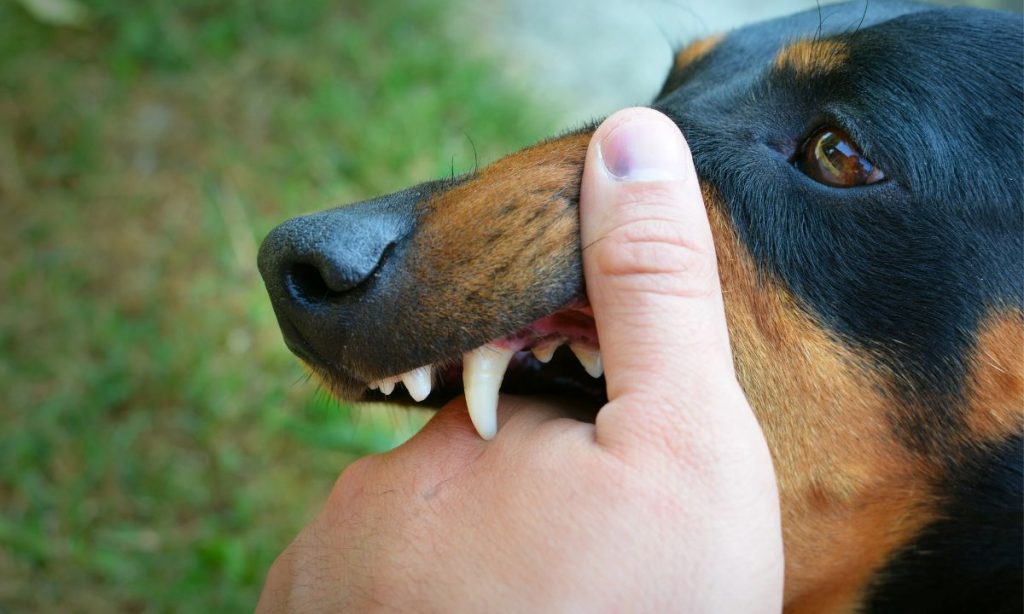Last Updated on March 5, 2024 by Dogs Vets
Children and dogs have always had a special affinity throughout time and places. This literary and media-portrayed friendship goes beyond companionship to affect development. Recent studies show a child’s dog pal relationship can affect their development.
The role of dog training methods in child development
One of the critical aspects of this relationship is the involvement of children in dog training methods. Kids learn patience, empathy, and responsibility by training their dogs. Dog-training kids learn about themselves as well as their dog.
As a result of the procedure, they must develop empathy by learning about the needs and viewpoints of the dog.
Additionally, since training a dog is frequently a prolonged process, kids appreciate the patience and gratification of accomplishing long-term objectives.
Emotional and social development
Dogs shape kids’ emotional and social development. Children feel less anxious and more confident with a dog by their side. This emotional support is especially important during stressful periods like moving to a new school or family concerns.
Children feel unconditional acceptance from dogs’ nonjudgmental attitude, which enhances their self-esteem and confidence.
Dogs help break the ice between kids and their peers. Petting dogs in parks or walking them around the neighborhood helps kids develop social skills.
These activities allow them to interact with other kids and have conversations. Children who struggle in social situations or are bashful can benefit from this.
Cognitive development and responsibility
Dogs can boost a child’s cognitive development. According to research, reading to a dog can boost young children’s literacy, confidence, and skills. Dog ownership activities like walking, feeding, and brushing can teach kids organization and planning.
Children who grow up with dogs also develop their problem-solving abilities because they learn how to understand and adapt to the different requirements and behaviors of dogs.
Training and caring for a dog can help children develop their focus and attention to detail, transferable abilities they can use in their academic pursuits.
Physical health and active lifestyle
A dog can encourage an active lifestyle, which is vital for many sedentary kids. Dog owners take their kids for walks, play, and other physical activities, reducing their risk of obesity and other health issues.
Exercise reduces anxiety and depression, increasing mental health as well as physical health. Apart from these advantages, taking care of a dog as a routine fosters a sense of structure and discipline in a youngster that might be good for their general growth.
Moreover, the happiness and enjoyment accompanying outdoor activities with a dog can cultivate a lifetime appreciation for the natural world and exercise.
Conclusion
Dogs affect children’s emotional, social, cognitive, and physical development. The unusual bond between a child and dogs can shape their character and talents.
Dogs foster empathy, accountability, self-confidence, and an active lifestyle in children, boosting their development. Furthermore, interactions with dogs have been shown to reduce stress and anxiety in children, contributing to their overall mental well-being.
We study more about this relationship and discover that “a dog is a man’s best friend” is accurate, especially for young children.
Facts Check
We hope you enjoyed this article… What are your thoughts?
Pls feel free to share this article!

















